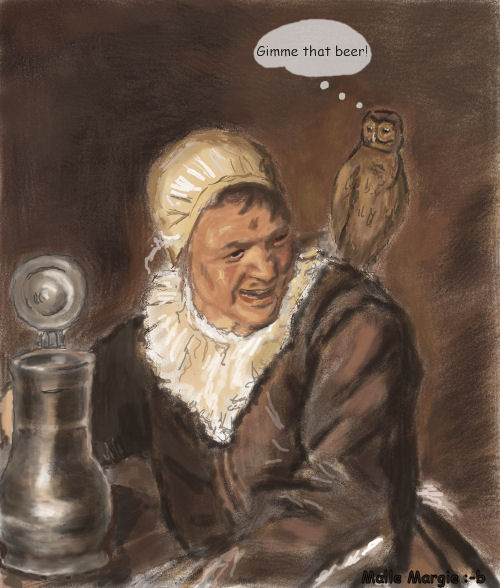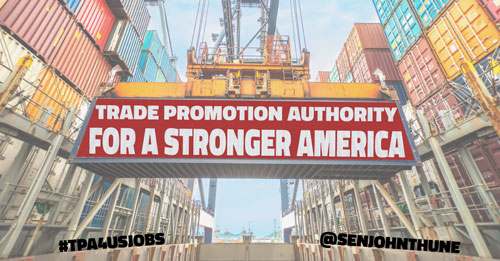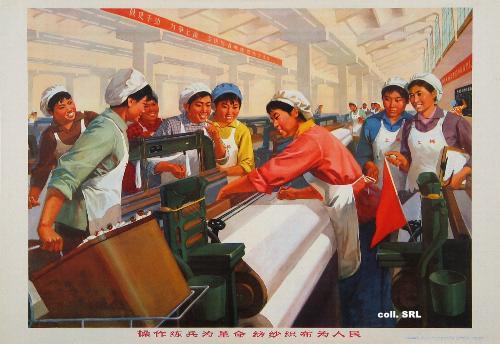Ryder Ripps hopes that GIF fetishization will end this year -- well and good but as a GIF appreciator a few years ago, he's a bit like the 1973 Pink Floyd fan whose favorite psych group suddenly went platinum with Dark Side of the Moon -- nothing is ever as cool once it's popular.
Meanwhile theory is struggling to catch up with what "GIF culture" even means. Three essays from the 2011 - 2013 period (which I only just focused on) fixate almost entirely on "remix" or "frame grab" GIFs, interpreting clips from movies and TV shows; none considers the GIF type I'm probably most intrigued by, which is frame-by-frame animation of original drawings. Daniel Rourke defines "art gifs" as fancier frame grab GIFs that use high resolution. To me an "art gif" is a low res abstraction or cartoon graphic that has almost no reference to, or is actively against, video and photography.
Morgan Quaintance's 2013 Frieze article, A Brief History of the Gif, considers the issue of taste and defines GIF culture as an exercise in camp a la Susan Sontag's "Notes on Camp" essay:
...As Susan Sontag wrote: ‘the lover of camp appreciates vulgarity […] sniffs the stink and prides himself on his strong nerves.’ This line is from a key section in Sontag’s famous 1964 essay ‘Notes on Camp’, in which she argues that the ‘lover of camp in the age of mass culture’ is the modern incarnation of the dandy. While the dandy sought rarefied experience as a remedy for boredom, the lover of camp appreciates ‘the coarsest, commonest pleasures, in the arts of the masses’. If, as I’m suggesting, camp is the dominant sensibility of the web, then GIF appreciation – as an ennui suppressant accessed through exposure to the coarsest, most common produce of mass culture – might be the answer to this question: how to be a dandy in the information age?
My Psychotronic GIFs essay for Art F City in 2008 also considered bad taste as an oppositional or distancing device but I used only one or two "frame grab" examples; I was mostly interested in drawing (computer drawing in particular).
Quaintance cites two essays, Giampaolo Bianconi's GIFABILITY (Rhizome, 2012) and Rourke's The Doctrine of the Similar (GIF GIF GIF) (MachineMachine, 2011). Again, both of these are focused on GIFs as sampling or appropriation, although Rourke gives a few examples of original animation (mostly in what he calls the "classic" category). It's unfortunate that for all these writers GIFs came of age only when they were able to imitate video!




